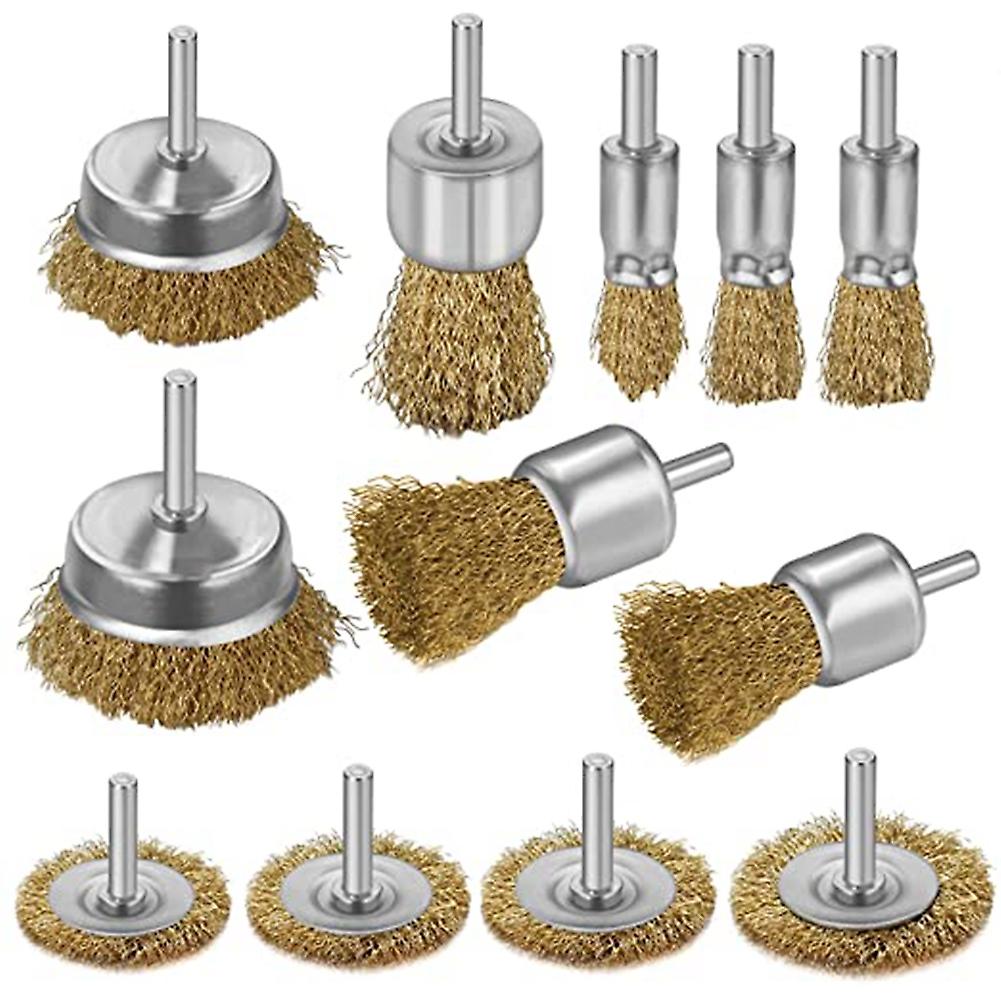Please sign in so that we can notify you about a reply
A wire brush is a tool consisting of wire bristles attached to a handle. It is commonly used for various cleaning, surface preparation, and rust removal tasks. Wire brushes are available in different sizes, shapes, and configurations to suit specific applications. Here are some key aspects of wire brushes:
Bristle Types:
- Steel Wire: Steel wire brushes are the most common type and are used for general cleaning and rust removal on metal surfaces.
- Brass Wire: Brass wire brushes have softer bristles and are suitable for cleaning delicate surfaces, such as jewelry or electronics, where scratching is a concern.
- Stainless Steel Wire: Stainless steel wire brushes are corrosion-resistant and commonly used in applications where rust or contamination from carbon steel brushes is a concern.
- Nylon or Synthetic Bristles: These brushes have non-metallic bristles and are used for tasks that require a softer touch or where scratching or damage must be avoided.
Brush Configurations:
- Hand-Held Brushes: These wire brushes have a handle that allows for easy manual control. They come in various sizes and shapes, including flat, curved, and cup brushes.
- Rotary Brushes: Rotary wire brushes are designed to be attached to power tools such as drills or angle grinders. They provide faster and more efficient cleaning and are available in different styles, including cup, wheel, or brush attachments.
Applications:
- Cleaning: Wire brushes are used for removing rust, paint, scale, and dirt from surfaces such as metal, wood, or concrete.
- Deburring: Wire brushes help in removing sharp edges or burrs from machined or fabricated metal parts.
- Welding Preparation: Wire brushes are commonly used to clean weld joints before welding to ensure proper adhesion and quality.
- Surface Finishing: Wire brushes can provide a textured or brushed finish to metal surfaces for aesthetic or functional purposes.
Safety Precautions:
- Wear appropriate protective gear, including safety glasses, gloves, and long sleeves, to protect against wire bristle breakage and potential injury.
- Be cautious when using wire brushes on delicate or soft materials to avoid excessive abrasion or damage.
- Ensure the work area is well-ventilated when cleaning or using wire brushes to prevent inhalation of dust or particles.
Remember to choose the right type and size of wire brush for your specific task to achieve the desired results while ensuring safety.
No reviews found


